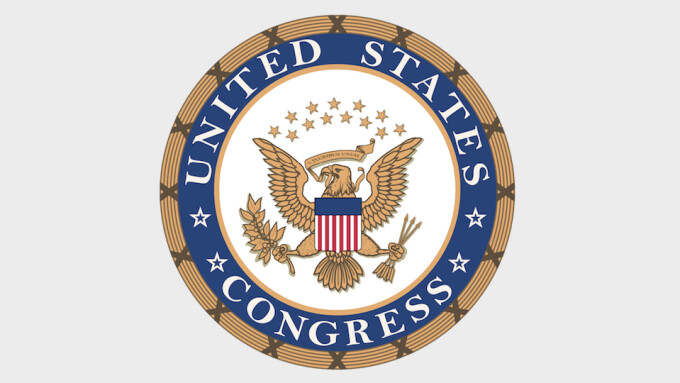WASHINGTON — With the January 3, 2021 end of the 116th Congress, the several bills aiming at repealing or reforming Section 230, and the bills introduced last month as reactions to the anti-porn campaign spearheaded by religious groups which culminated in the December 4 New York Times article by Nicholas Kristof, are now considered “dead” and would have to be reintroduced before the 117th Congress, which began on the same day.
Chief among these are the EARN IT Act and the PACT Act, both targeting Section 230, the so-called “First Amendment of the Internet,” and SISEA, a bill cosponsored by Ben Sasse (R-Neb.) and Jeff Merkley (D-Ore.) and which was the direct result of Kristof’s sensationalistic editorial claiming that Pornhub was “infested with rape videos.”
All these bills, which also include a smörgåsbord of proposals by variously motivated senators and representatives, aim to curtail free speech online and digital rights. Attacks on Section 230 picked up steam last summer as Donald Trump became enraged by attempts by social media platforms to moderate his messaging and that of his followers.
The Legislative Process
For a bill to become a law, it has to be drafted (generally by staffers), introduced by a sponsoring representative or senator in their respective chamber, then referred to a committee (and sometimes to a subcommittee) where hearings are scheduled and held.
The committee then "marks up" the bill, making changes and amending it, before “recommending it to the floor.” To “order a bill reported” for a floor vote, a majority of the committee has to vote in favor. Otherwise the bill “dies.”
Once on the floor of the originating chamber, all the representatives or senators debate it, discuss and vote on amendments and vote on it, at which point the bill is either passed or defeated.
If it passes, it goes to the other chamber where it goes through largely the same steps through the committee stage.
The second chamber may receive it, reject it, ignore it or change it. If there are notable discrepancies between each chamber’s version of the bill, a conference committee can be convened to resolve it, and both chambers have to agree to its report.
Once the bill clears Congress by being approved by the House and Senate in identical form, it is sent to the President to sign it into law. The President can also take no action, in which case the bill becomes law after 10 days (unless the Congress is not in session, aka “pocket veto”), or else exercise his power to veto it. Congress may override a presidential veto with a two-thirds majority in both chambers.
SISEA and EARN IT
SISEA, for example, was introduced December 17/18 by Senators Sasse and Merkley, two weeks after the Kristof editorial that inspired it, as the "Stop Internet Sexual Exploitation Act," claiming it intended to "prevent the uploading of pornographic images to online platforms without the consent of the individuals in the images."
It is unclear if it was ever referred to a committee and it certainly was never discussed by a committee before the January 3 end of the 116th Congress. Thus, although the bill is considered “dead,” it may very well be reintroduced with or without changes to the 117th Congress.
Adult performers' union APAG celebrated the bill's lapsing, but tweeted that they "will be keeping our meetings already set with the Committee and Senators to discuss concerns and work to prevent similar legislation from being re-introduced this year! Thank you to everyone who worked so hard on getting the word out about #STOPSISEA."
Senator Lindsey Graham’s (R-S.C.) EARN IT Act, on the other hand, passed the Judiciary Committee stage unanimously with bipartisan support and was sent to the Senate floor on July 2. It never came to a floor vote, though, and it also “died” on January 3.
"While it is a positive development to see the EARN IT Act not receive a vote during Congress, the fight is far from over," Section 230 expert James Czerniawski, Tech and Innovation Policy Analyst at Utah’s free-market think tank Libertas Institute, told XBIZ. "A similar bill like it could easily be introduced in the upcoming legislative session, so people must remain vigilant."
Graham, who was re-elected in November, has vowed to make a blanket anti-porn stance part of his agenda, emailing a citizen who asked him about it that he “will continue to work with my colleagues in Congress to limit society's exposure to inappropriate material.”








